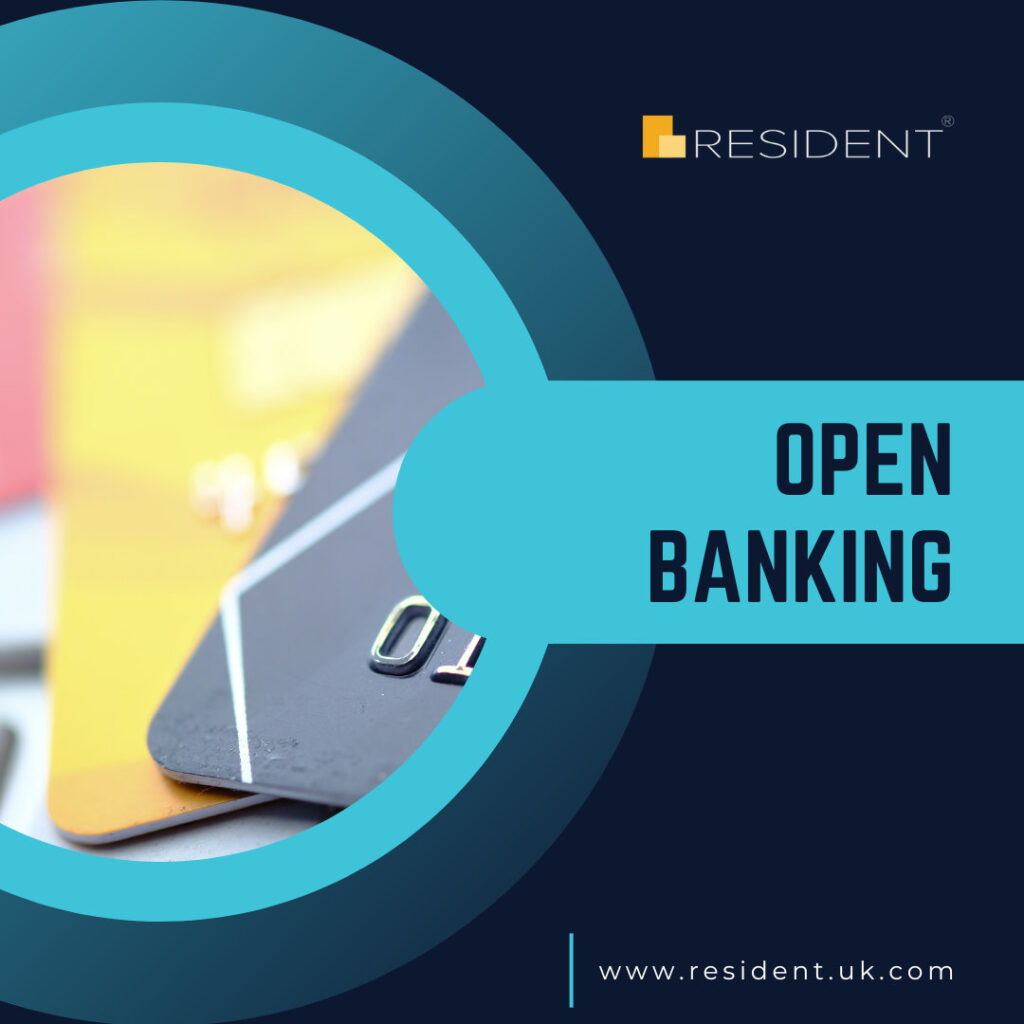
Open banking is a developing trend using “financial technology” (fintech) companies to compete with traditional financial ways to deliver financial services.
Why does Open Banking exist?
In 2016, The Competition and Markets Authority (CMA) published a report on the UK’s retail banking market concluding older, larger banks need do little to gain new business, whilst newer banks struggled to access the market and grow. One of the CMA’s solutions was opening banking. In 2017 the nine largest current account providers in Great Britain and Northern Ireland (Allied Irish Bank, Bank of Ireland, Barclays, Danske, HSBC, Lloyds Banking Group, Nationwide, RBS Group and Santander) were ordered to create (at their own cost) an implementation entity (OBIE) to help level the playing field, unlock the competition and implement opening banking.
What is Open Banking?
Open banking allows secure connections between apps and banks, cuts out the middleman and aims to save users time and money. Users share the minimum data necessary for the product or service they want to use through a secure digital process. Using “application programming interface” (API) one software program can talk to another and share information between themselves. Everyday examples would be logging into a website via Facebook, Instagram or Twitter platforms, or companies using Google Map’s API to pinpoint locations.
Open banking enables consumers and small and medium-sized enterprises (SMEs) to share their bank and credit card transaction data securely with trusted third parties who are then able to provide them with applications and services. It can facilitate payments from account to account (A2A) without the use of cards or physical presence. It is estimated that half the UK’s small businesses and over 6 million consumers now use services powered by open banking technology and by September 2023, 60% of the UK population will be using it.
Open Banking & Resident?
Resident uses opening banking to effortlessly pull data directly from the bank, streamline reconciliation, and better manage risk with real-time cash flow visibility. Manual laborious data inputting has been automated by tech avoiding user error, optimising efficiency and minimising time spent. Resident automatically imports transactions from multiple client accounts pulling bank feeds overnight so that they are ready in the morning to reconcile. This all saves bookkeepers approximately 80% of their time. Clients can have daily up-to-date records. Real-time information like bank account balances displayed on Resident’s dashboards. A game changer for transparency of information for Resident Management Company directors and leaseholders.
During 2023 Resident will provide open banking powered payments, enabling users to make A2A one- off or automated, recurring transfers safely.
Is Opening Banking safe or regulated?
In the UK, open banking is guided by the Open Banking Standard (OBS) – a framework published by the Open Banking Implementation Entity (OBIE, trading as Open Banking Limited). Open banking uses rigorously tested software, security systems, and data is encrypted.
To reduce the risk of payment fraud and protect customer data Strong Customer Authentication (SCA) is used. Banks or payment providers verify identity when users make electronic payments or access an account online using additional layers of security like two-step verification. Open banking requires explicit consent to be given to regulated apps or websites. So for Resident users to keep bank feeds active the OBS requires that consent is renewed every 90 days.
Open banking in the UK is regulated by the Financial Conduct Authority (FCA) requiring companies to follow strict rules and stringent standards to keep data secure. Only apps and websites regulated by the FCA or a European National Competent Authority can enroll in the Open Banking Directory. You can read more and check if an app or website is regulated on the OBIE regulated providers page or via the FCA register, or its European equivalent.
Open banking is constantly evolving much like Resident so look out for future blogs.


